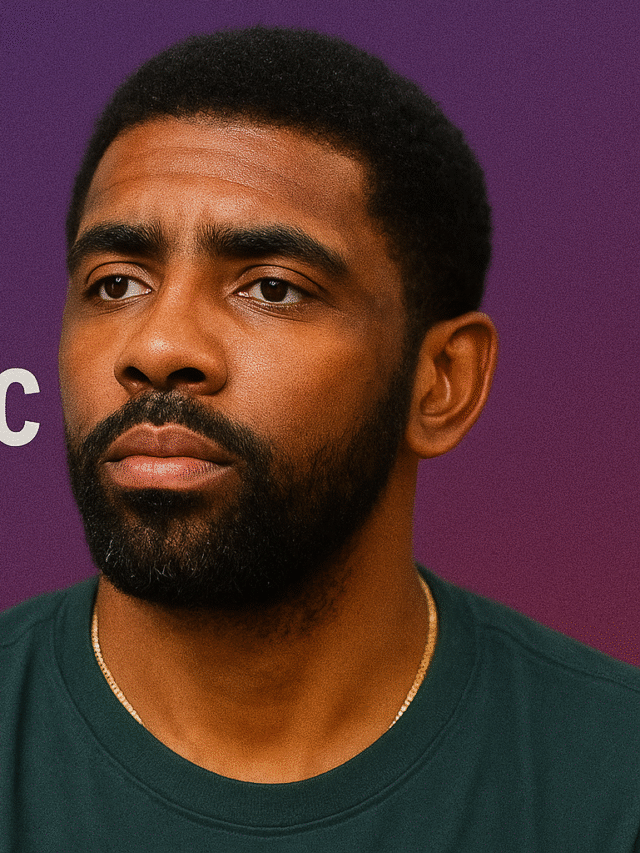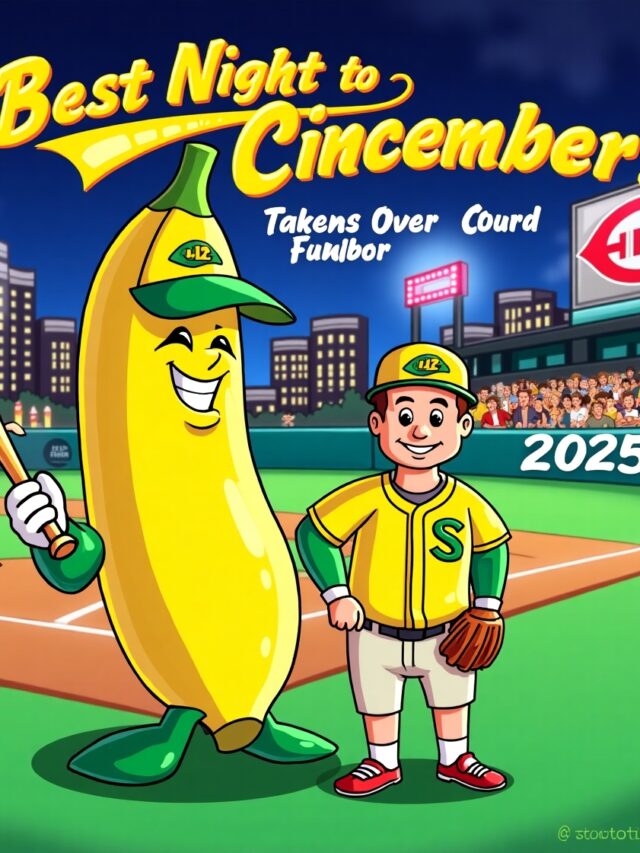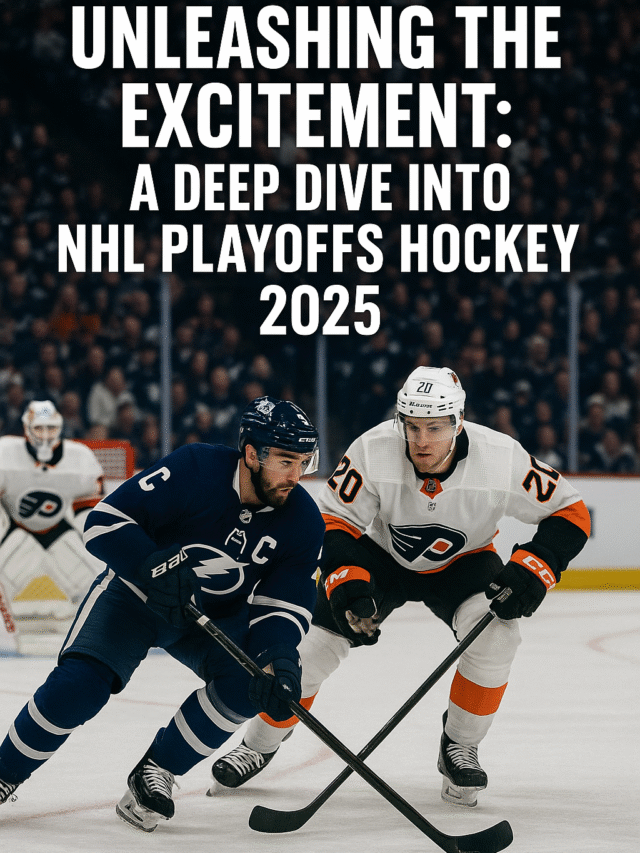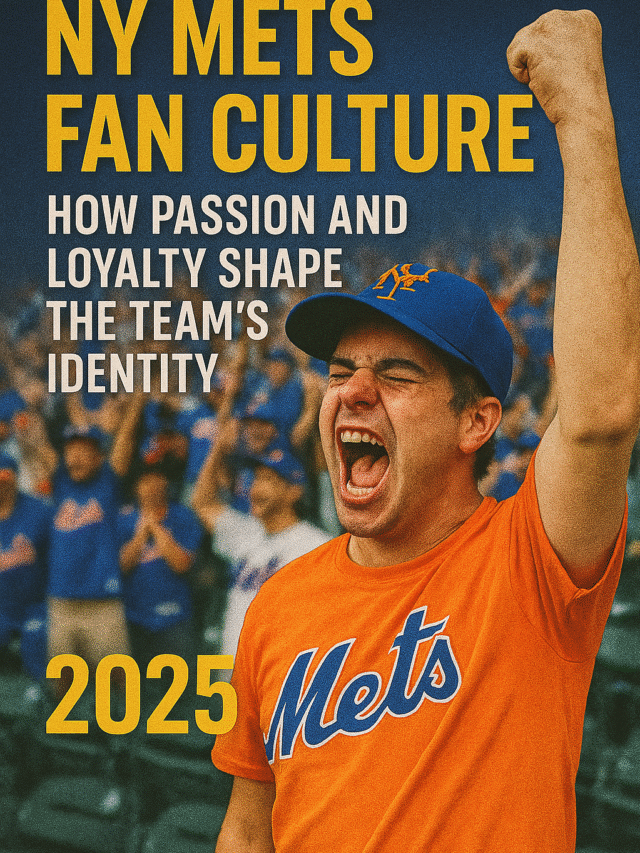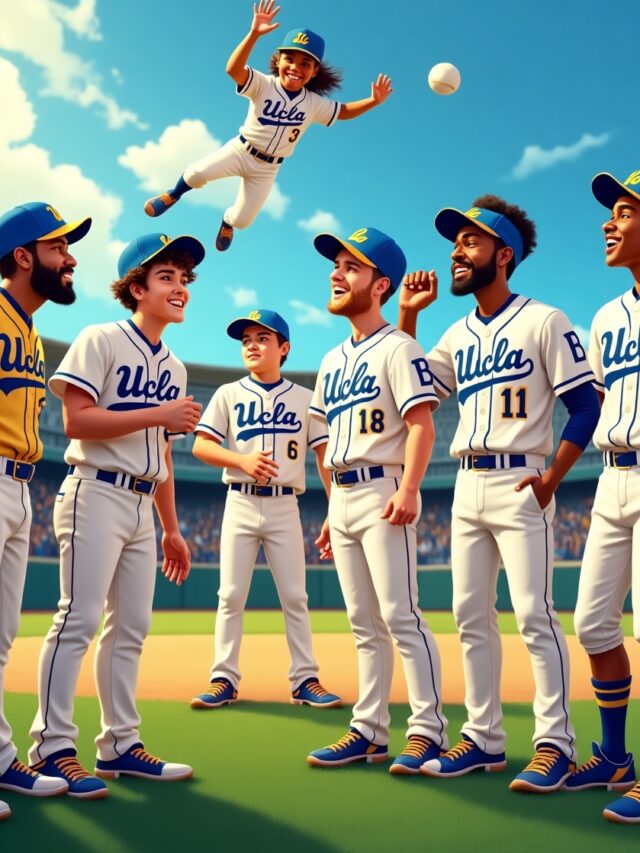Mariners Standings Wild Card: A Firsthand Report
My name is Mohit, and for the last few weeks, the air in Seattle has tasted different. It’s a mix of salt from the Puget Sound, late summer rain, and something electric—the palpable hum of hope. I’ve been a journalist for over a decade, covering everything from city council meetings to tech booms, but nothing prepares you for the collective energy of a city holding its breath over baseball. This isn’t just about sports; it’s about a 21-year-old promise, a story of perseverance, and the desperate, thrilling climb in the mariners standings wild card race.
I’m standing here, just outside T-Mobile Park, and the buzz is undeniable. The scent of garlic fries hangs in the air, a familiar comfort to any Mariners fan. But tonight, it’s layered with a nervous energy that you can almost see, shimmering under the stadium lights. Fans in their crisp navy and northwest green jerseys walk with a purpose, their conversations a staccato of stats, what-ifs, and hopeful predictions. Every game feels like a chapter in a much larger story, and we’re all just praying for a happy ending.
To understand this moment, you have to understand the history. The Seattle Mariners hold the longest active playoff drought in all major North American professional sports. Think about that. The last time this team saw the postseason, the first iPod had just been released. Cal Ripken Jr. was still playing. It’s a weight that has settled on this franchise and its fanbase for two decades. It’s not just a statistic; it’s a shared experience of “almosts” and “next years.”
But this year feels different. I’ve been in the clubhouse, I’ve talked to the players, and I’ve sat in the press box, watching every pitch with the same tension as the fans in the cheap seats. There’s a grit to this team, a resilience forged in the fires of past disappointments. It’s a team built not on a handful of superstars, but on a foundation of young talent, savvy veterans, and a belief that they can rewrite the narrative. And as they fight tooth and nail for a spot in the postseason, the focus is squarely on the mariners standings wild card.

The Anatomy of a Playoff Push
Let’s get into the nuts and bolts of what has brought us here. A baseball season is a marathon, a grueling 162-game odyssey. A team’s success is never the result of one single moment but a collection of them—a key hit here, a lockdown pitching performance there, a defensive gem that saves a game. For the Mariners, this season’s story is one of streaks, both hot and cold, and an unshakeable ability to bounce back.
I remember a stretch in early summer when things looked bleak. The offense was sputtering, the pitching was inconsistent, and the chasm between them and a playoff spot seemed to widen daily. It’s easy to lose faith in those moments. I saw it on the faces of fans leaving the park, a familiar look of resignation. Yet, inside the clubhouse, the message from manager Scott Servais remained constant: trust the process, play our brand of baseball, and good things will happen.
And then, they did. It started with a spark—a walk-off win, perhaps, or a dominant start from one of their aces. Suddenly, the bats came alive. The pitching staff, led by a formidable rotation and a lockdown bullpen, started putting up zeros. Game by game, they clawed their way back. The feeling in the city shifted from hopeful to expectant. The conversation changed from “if” to “when.”
The centerpiece of this resurgence has been the emergence of Julio Rodríguez. Watching this kid play is like watching a star being born in real-time. He has a combination of power, speed, and charisma that is intoxicating. I was here for his home debut, and the energy he brought to the field was immediate. He plays with a joy that is infectious, and it has spread throughout the entire roster. He isn’t just a great player; he’s the emotional core of this team.
But it’s not just Julio. I’ve seen Ty France grind out at-bats, fouling off pitch after pitch until he gets the one he can drive. I’ve watched Eugenio Suárez launch baseballs into the stratosphere, his celebratory “Good Vibes Only” mantra becoming a rallying cry. From the mound, I’ve witnessed Logan Gilbert attack hitters with an intensity that borders on terrifying, and I’ve seen the bullpen, affectionately known as the “M bullpen,” shut down opponents in high-leverage situations time and time again. This is a complete team, and their success is a testament to every single player on that roster.
The View from the Press Box
Covering this team day-in and day-out provides a unique perspective. From the press box, high above the field, the game unfolds like a chess match. You see the defensive shifts, you hear the crack of the bat echo in a way it doesn’t in the stands, and you analyze every managerial decision. It’s a clinical view, but even from up here, the emotion is impossible to ignore.
During one particularly tense game against a division rival, the Mariners were down by a run in the bottom of the ninth. The stadium was on its feet, a sea of 40,000 people roaring with every pitch. In the press box, it’s supposed to be quiet and professional. No cheering. But in that moment, as the M’s loaded the bases, you could feel the tension even among the seasoned reporters. Pens stopped scribbling. Laptops were momentarily forgotten. We were all just baseball fans, caught up in the drama.
When the game-winning hit dropped into the outfield grass, the eruption of sound from the crowd was a physical force. It wasn’t just a cheer; it was a release of two decades of frustration and longing. Even in our sound-proofed box, we felt it. That’s when you realize this is more than a game. It’s a civic event, a shared experience that binds an entire region together.
The analytics and numbers are crucial to understanding the game, but they don’t tell the whole story. They can’t quantify the feeling in the dugout after a big win or the look of determination in a pitcher’s eyes as he takes the mound in a must-win game. They don’t capture the sound of a child seeing their first home run or the shared high-fives between strangers in the stands. That’s the human element, and it’s the heart of this Mariners team and their quest.

Navigating the Wild Card Labyrinth
The American League Wild Card race is a brutal, unforgiving affair. It’s a dogfight between several talented, hungry teams, all vying for a precious few spots. Every win is magnified, and every loss feels catastrophic. Waking up each morning, the first thing any fan—and any reporter—does is check the standings. Where do the Mariners sit? Who won last night? Who lost? The mariners standings wild card picture changes daily, a fluid and stressful puzzle.
I’ve spent countless hours poring over schedules, calculating magic numbers, and running through scenarios. Who has the tougher remaining schedule? Which teams hold the tiebreaker advantage? It’s a complex web of possibilities that fuels endless debate on sports radio and among the fanbase.
The pressure on the players is immense. They are aware of the stakes. They see the standings posted in the clubhouse. Yet, to a man, they talk about taking it one day at a time. It’s a cliché, but it’s also a necessary survival mechanism. You can’t get caught up in the big picture, or the pressure will crush you. You have to focus on winning today’s game, today’s inning, today’s at-bat.
I spoke with one of the veteran players in the clubhouse last week, off the record. I asked him how they handle the weight of the drought. He looked at me and said, “Most of us weren’t here for that. We respect the history, but we’re not carrying it. We’re here to write our own chapter.”
That mentality is the key. This team isn’t burdened by the past; they are motivated by the opportunity of the present. They are not playing to not lose; they are playing to win. It’s an aggressive, confident brand of baseball that has served them well, and it’s what gives this city so much hope as we head into the final stretch.
The City’s Heartbeat
Beyond the ballpark, the impact of this team’s success is everywhere. You see it in the grocery store, where strangers in Mariners caps nod at each other in solidarity. You hear it in bars and restaurants, where the game is always on and every big play is met with a collective cheer or groan. This playoff push has become the city’s heartbeat, a unifying force in a world that often feels divided.
For a generation of Seattle sports fans, this is a new experience. There are 25-year-olds who were toddlers the last time the Mariners were in the playoffs. Their fandom has been an exercise in faith, a belief in something they’ve never actually seen. Now, they are on the cusp of witnessing it for the first time. The excitement is pure and untainted by the cynicism that can come with years of disappointment.
I’ve talked to fans who have been season ticket holders since the Kingdome days. They’ve seen it all: the highs of ’95 and ’01, and the long, lean years that followed. There’s a different kind of emotion in their eyes—not just excitement, but relief. A profound sense of gratitude that they get to experience this again. They tell stories of taking their kids to games, who are now taking their own kids, passing down the love of this team through generations.
This connection between the team and the city is what makes sports so powerful. It’s a shared identity. When the Mariners win, the city wins. It lifts the collective mood. It gives people something to rally around, something to believe in. And after the last few years of global uncertainty and challenges, having a reason to come together and cheer is more valuable than ever. The focus on the mariners standings wild card has given Seattle a common goal and a shared dream.

The Final Stretch: Every Pitch Counts
As we enter the final weeks of the season, the intensity is only going to ramp up. Every game is now a playoff game. Every pitch carries the weight of history. The opponents are tougher, the stakes are higher, and there is no margin for error. This is where legacies are made.
From my vantage point, I’ll be documenting every moment. The late-night flights to the next city, the pre-game interviews, the post-game press conferences where every word is scrutinized. My job is to tell the story of this team, and right now, it’s the best story in sports.
It’s impossible to predict how this will end. Baseball is a famously unpredictable game. A bloop single or a bad hop can change the course of a season. But I can tell you this: this Mariners team will not go down without a fight. They have too much talent, too much heart, and too much belief in each other to let this opportunity slip away.
Whether you’re a die-hard fan who has lived and died with every pitch for the last 20 years, or a casual observer just getting caught up in the excitement, this is a moment to savor. We are witnessing something special. A team, and a city, daring to believe again. The journey to break the drought is almost complete, and every single person here is locked in, watching, waiting, and hoping.
The lights of T-Mobile Park are casting long shadows on the field now. The game is about to begin. The roar of the crowd is building. The story is still being written, and the final chapter promises to be unforgettable. For now, all eyes are on the scoreboard and the ever-important mariners standings wild card. The air is thick with possibility. Let’s play ball.
